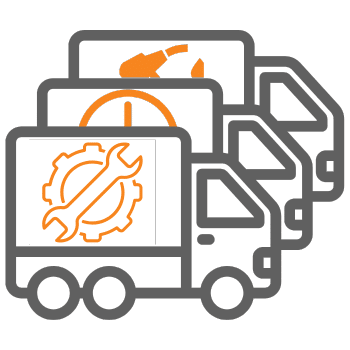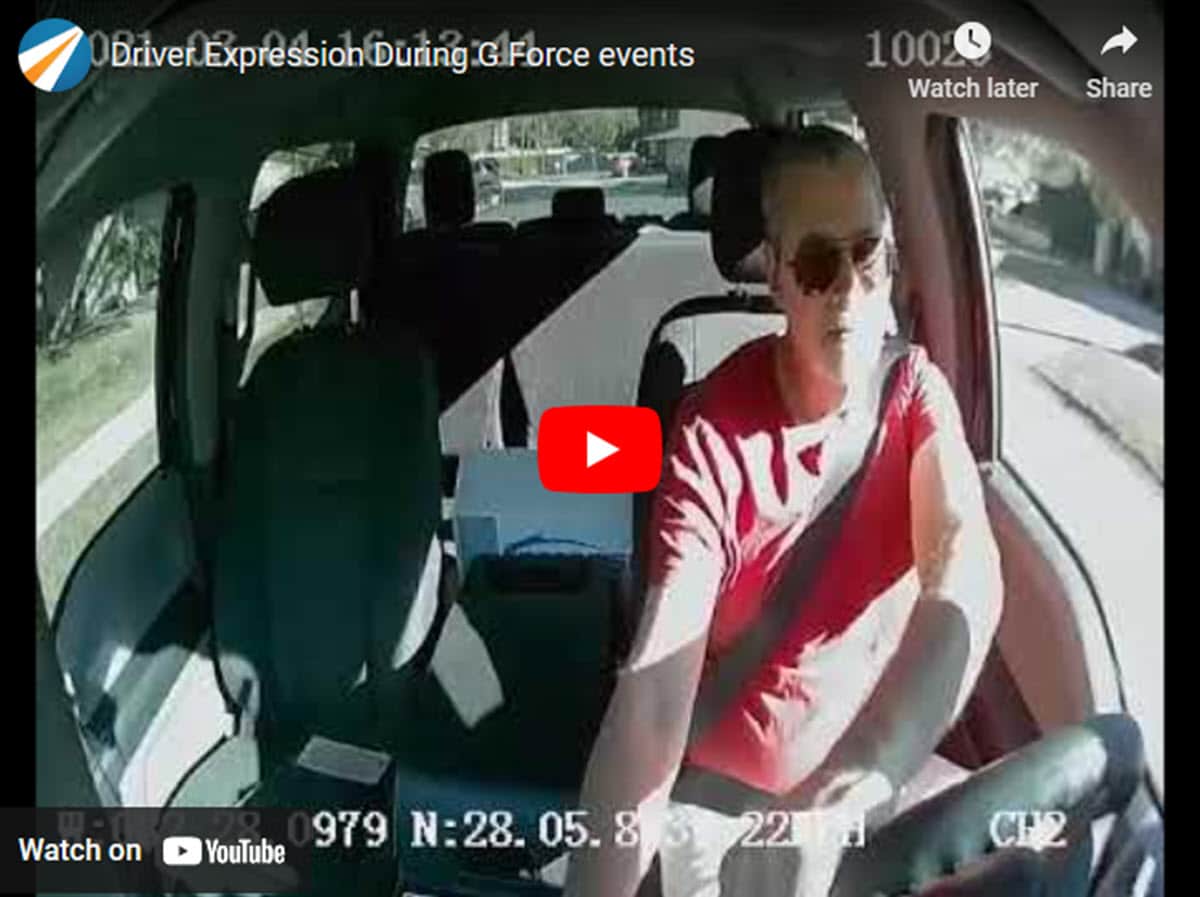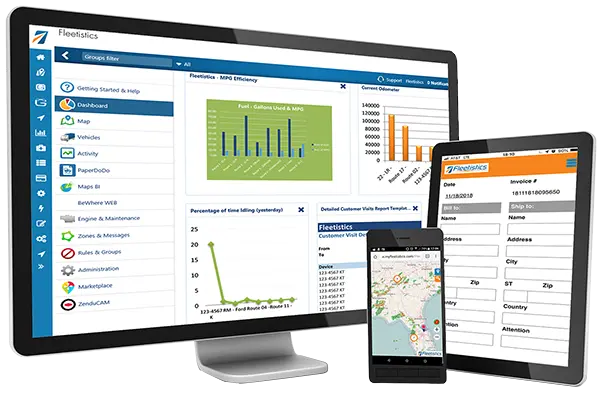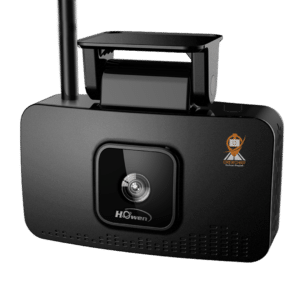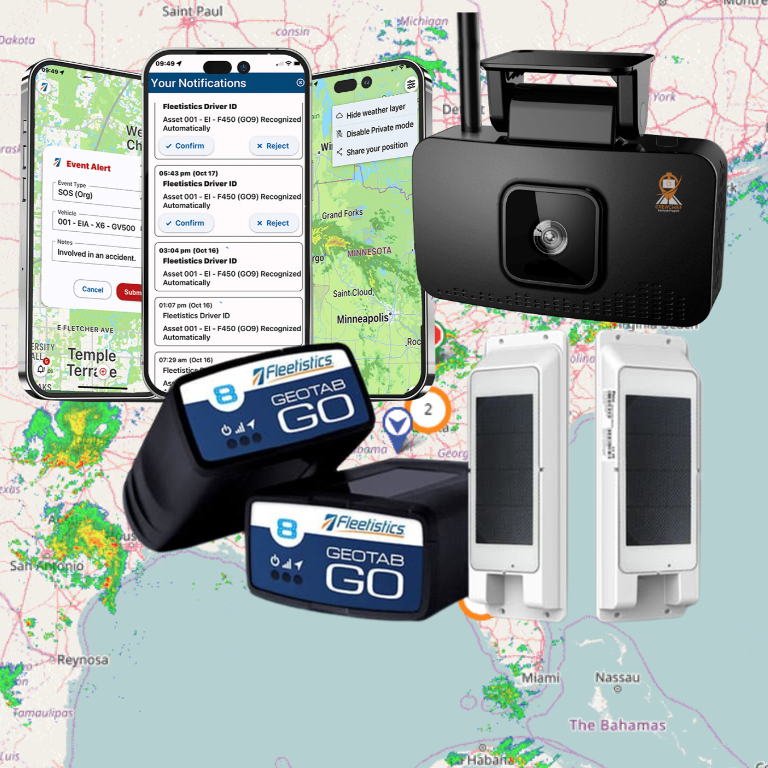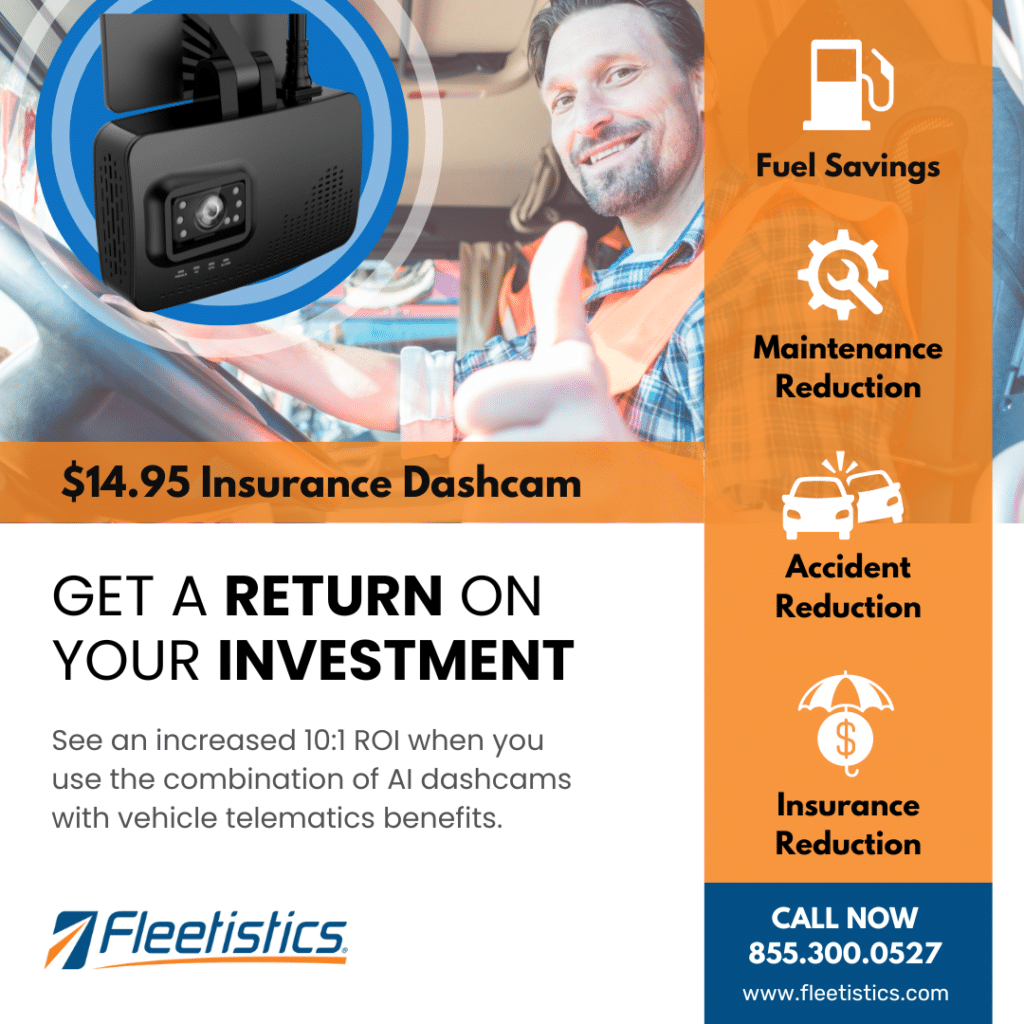DashCam Investment Can Reduce Insurance Cost in Many Ways
It is no mystery that video footage will have a major impact in the event your driver is involved in an accident. Four of the six ways on our list are clearly related to managing risk and reducing insurance related costs.
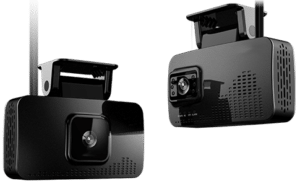
Dashcams and Insurance Claims
1. Some commercial insurers offer a direct discount for having dahscams. Dash cams reduce overall risk and streamline the claims process resulting in lower premiums.
2. Protection from false claims against your drivers. Many damage claims are based on one persons word against another. DashCam recordings of events can shut that down in a hurry.
3. Protection from staged crash claims is another benefit. Commercial trucks are often the targets of criminals staging crashes or personal injury incidents because commercial pockets tend to be deeper than individuals, and some commercial trucks follow a predictable routine. DashCam footage proves what really happened.
4. Having video footage speeds up the claims process resulting in less vehicle down time, quicker reimbursement, and less time spent testifying. All of these present additional ROI.
DashCam Investment Contributes to Accident Prevention
5. DashCams help you to prevent future collisions by identifying & correcting distracted driving behavior through event triggered video captures. Fewer accidents also mean fewer premium increases, but that is just the beginning. The cost of an accident adds up fast. Bent metal, damaged goods, vehicle down time, employee down time and injury related costs, services/stops missed, and potential litigation top the list. It is not uncommon for the final cost of a commercial vehicle collision to exceed $100,000.
DashCam Investment for Improved Supervision
6. Often overlooked by management is Driving Attitude. Why? Because they have no way to know unless they ride with the driver, OR, have dashcams. Honestly, in cab footage can be uncomfortable to view, but it offers insight into much more than if a driver is smoking in the vehicle or using his cell phone. A driver with a great attitude looks a lot different on camera than a driver with a bad attitude.
When I see video of a driver who is calm and collected, smiling, sometimes singing along with the radio, I think yes, he enjoys his job and I want a driver like that to deliver my goods and services. When I see video of a driver who looks angry with the world or makes inappropriate hand gestures at others, even the one who is rocking out – more focused on the music playing than the job at hand, I think wow, hope they never send that one to my door.
What Are the Signs?
From a business perspective, knowing who to encourage is just as important as knowing who to counsel. And there is scientific data to support that attitude affects driving behavior. According to Science Direct, “Hazard response times and eye tracking data suggest sadness can have a negative impact on driving behavior.” Your odds of getting in a collision are 10 times higher when you’re angry or sad, according to Virginia Tech’s Transportation Institute. Notice in the video above from our CrewChief DashCam, the driver’s expression during the harsh braking event as it starts and the hard turning event at about 20 seconds.
We can all relate to the fact that driving while upset or angry will bring out aggressive driving habits. We are not suggesting that you spend a lot of time evaluating in cab driver footage, but noticing the body language that indicates attitude during your routine review of event triggered video could help you to identify drivers that need some coaching or encouragement. Over time a Manager can learn a lot about a drivers strengths and weaknesses by viewing the in cab video. Also, if you are concerned there might be issues with a driver, a quick review of in cab footage may give you some perspective regarding those concerns.
How Will Your DashCam Investment Pay Off?
DashCams certainly provide the measurable dollar ROI, but they can also be used to capture the more elusive human ROI. By better understanding through video things like job satisfaction, driver loyalty, anger issues, depression, and customer satisfaction skills, management can get to know employees that they have little personal contact with. That may be the greatest ROI of all.
